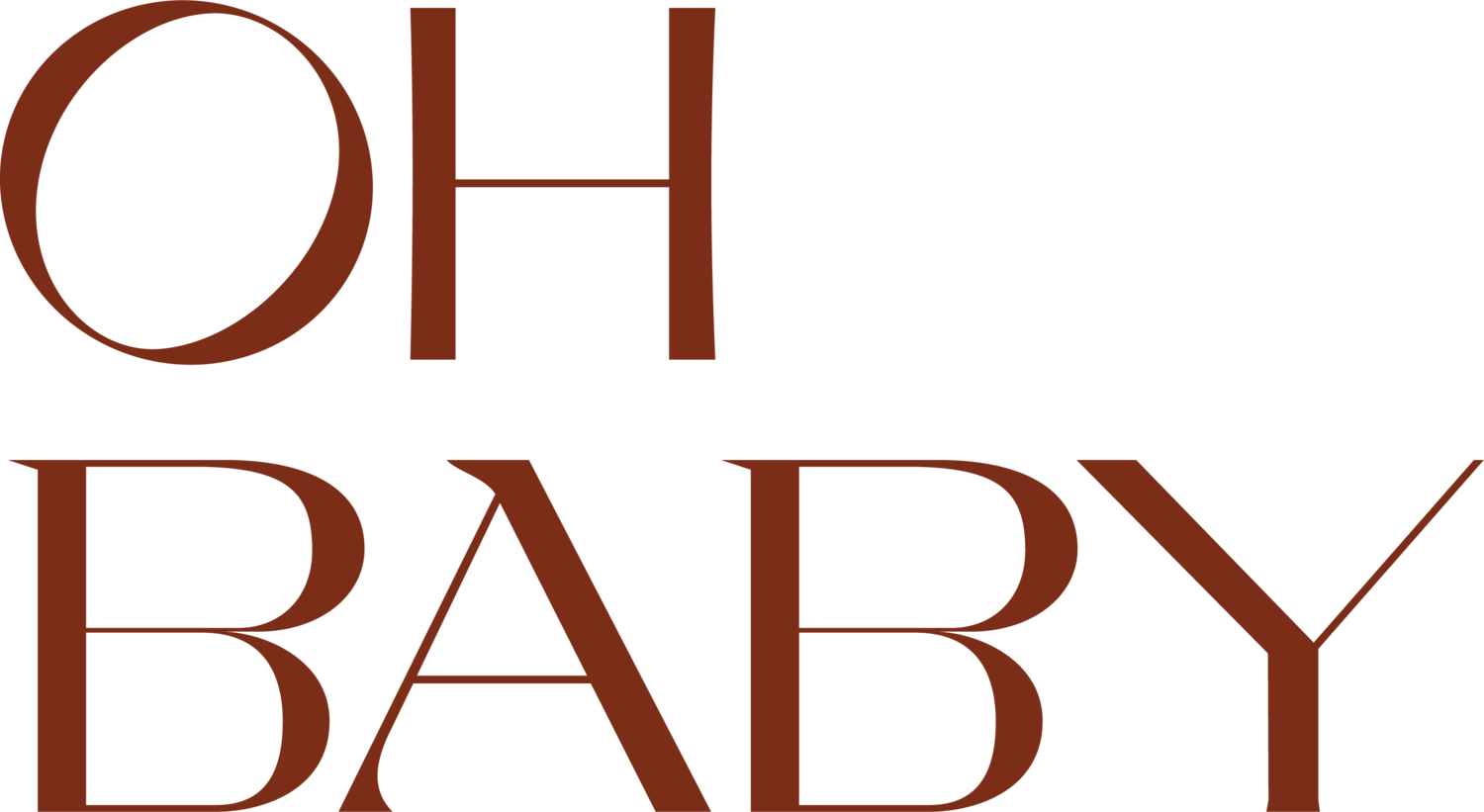Planning Another Baby? Why Your Fertility Nutrition Matters
Women often consider using nutrition to prepare their bodies before becoming pregnant for the first time, but it's rarely considered for a second or third (or fourth or fifth) pregnancy. Once a woman has had a child, especially if she conceived with relative ease, she considers herself sufficiently fertile and probably doesn't think she needs nutrition to boost her fertility.
The truth is that eating for fertility actually becomes increasingly important with every baby a woman has. Pregnancy can take a toll on a mama's body and deplete many of her nutrient stores. As we know, breastfeeding provides wonderful nutrients for baby, but those nutrients can come right from a mother's own stores if they’re not supplied by her diet.
Nature always favors babies, so if there’s not enough to go around, mama goes without. Therefore, it's quite common to end a pregnancy with depleted nutritional stores and continue depleting them though breastfeeding. Most postpartum conditions women experience are linked to maternal nutritional deficiencies.
The same nutrients that were depleted with your first pregnancy are the ones that are needed for your next. If you begin your next pregnancy without properly addressing your nutrition and building your stores, it can not only affect your own health, but the health of your next baby as well- because they don't have as many maternal stores to draw from.
Foods to focus on
I prefer meeting nutritional needs through whole foods. Isolated, synthetic nutrients often don’t have the same effect because many of the nutrients in food work synergistically and require cofactors and enzymes to be activated and absorbed.
Calcium foods
fermented dairy, broccoli, collard greens, spinach, turnip greens, kale, beet greens, almonds, sesame seeds, brazil nuts, sardines, salmon
Postpartum deficiency can cause: poor bone/tooth density, weak and brittle nails, weakened immune system
* Calcium is very commonly depleted after pregnancy. Baby uses mother’s reserves to build skeletal system in 3rd trimester and is further depleted through breast milk.
Fertility: calcium triggers growth in embryos, it is also the most important mineral for maintaining an alkaline environment in the reproductive tract (which helps sperm to survive and thrive)
Vitamin D foods
trout, salmon, sardines, herring, mackerel, pasture raised eggs (and safe sun exposure)
Postpartum deficiency can cause: postpartum depression, poor bone density, lowered calcium absorption
* Vitamin D is a common deficiency. Rapid skeletal growth in third trimester taxes mother’s stores. A pregnant woman’s vitamin D levels affect her baby’s levels at birth.
Fertility: balances sex hormones, helps regulate menstrual cycles, and improves fertility
Omega 3 foods
DHA/EPA: fatty fish, fish eggs, mackerel, salmon, marine algae
* Aim for three, 6-oz. servings of fatty fish per week. If servings are not met, supplementation is recommended.
ALA: walnuts, chia seeds, hemp seeds
Postpartum deficiency can cause: high incidence of postpartum depression (specifically EPA)
* In the 3rd trimester, omega 3 fatty acids are stored on women’s hips and bums to be mobilized in late pregnancy and during breastfeeding for brain development of baby (especially DHA).
Fertility: higher intakes of omega 3 (while reducing omega 6) can increase ease of conception and reduces risk of miscarriage
B12 foods
liver, beef, trout, salmon, yogurt, egg yolk
Or supplementation is required if not obtaining from diet: methylcobalamin
Postpartum deficiency can cause: anxiety and/or depression during & after pregnancy, fatigue, lethargy, weakness, neurological and psychiatric problems
Fertility: low B12 levels interfere with ovulation, normal cell division in the fertilized egg, and implantation
Iron-rich foods
Heme sources, most absorbable: egg yolk, chicken, beef, lamb, liver, salmon
Non-heme, vegetable sources: lentils, chickpeas, cooked spinach, quinoa
* Vitamin C increases the absorption of all iron: berries, papaya, peaches, broccoli
Postpartum deficiency can cause: anemia, fatigue
Fertility: helps deliver oxygen to the ovaries/uterus, keeps the egg viable and allows cells to divide properly in a fertilized egg
If you're already pregnant and didn't have time to prep, just start nourishing your body as soon as you can! Whether you're in your first trimester, second trimester, or third trimester.

